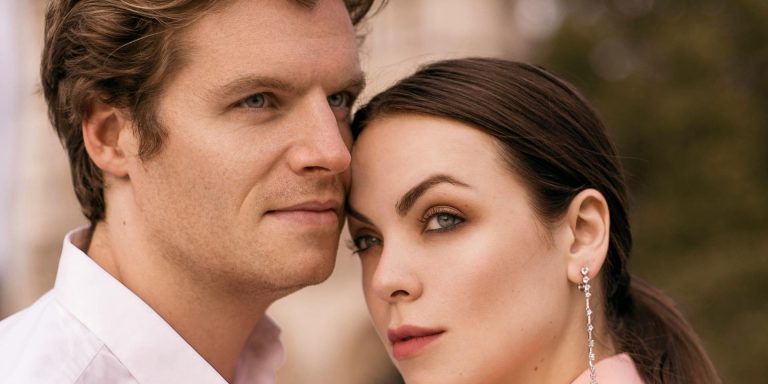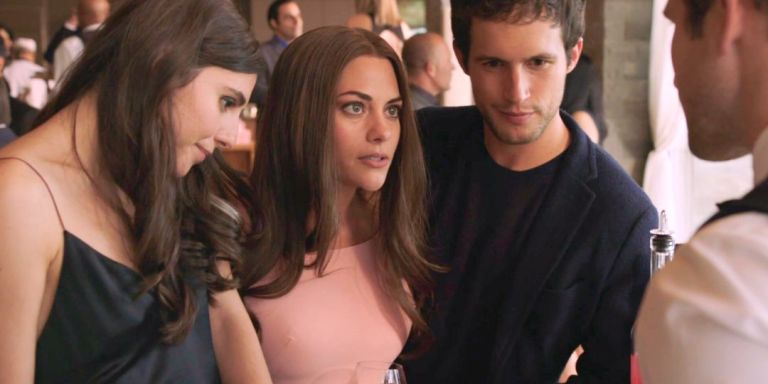3 Love Types
I often talk about what I call the 4 pillars of the good life. Those are wealth, health, love, and happiness. Getting these things right, I believe, is the key to living a long and fruitful life. I do believe that one of them is more important than the rest. If you don’t get the relationship and social aspect of life down, it really won’t matter much if you have the other three right. As human beings we are wired for connection, we crave it, and it is essential part of our being. It is no coincidence that people who are depressed often feel separate from the world. Today I am going to go into the specific area of romantic relationships.
I haven’t been the most careful about selecting the women that I have been with. Sometimes it was a matter of convenience, and other times it was a lustful passionate affair that had little foundation to stand on. I’ve had a few good ones that I let slip away because I wasn’t aware of what I really had. Had I known the concepts I’m about to tell you, maybe I would be happily married now. I’m perfectly content with the single life, but going forward I am going to use these ideas to be more intentional about whom I get involved with romantically, and hopefully you will too.
The ideas I am going to speak on are from the book titled “Attached” by psychiatrist and neuroscientist Dr. Amir Lavine and Dr. Rachel Heller. This book talks about our genetic need to seek attachment from other humans. Its an incredibly interesting book that I would highly suggest reading if you’re looking for some wisdom in your love life. This is why I love books — they can reveal concepts and ideas that were unknown to the individual, and that can be implemented into ones life. There’s a great deal that the book goes into so I am not going to try and cover it all, but the main idea I want to talk about is the 3 types of behaviors people exhibit — and how these behaviors affect relationships. The 3 “love types” are anxious, avoidant, and secure. The authors in this book state that each of the 3 types was needed in earlier generations to maintain survival, so it’s not necessarily “bad” to be one or the other. Each type had its advantages at some point in time:
1. Anxious (25% of the population) – Anxious people are often in a state of constant worry in a relationship. They tend to crave relationships. They are often worried about whether or not their partner loves them back. These are the types of people who freak out when you don’t text them back after 5 minutes. They may also be jealous and accuse you of infidelity. There is supposedly a biological reason why the anxious type is that way — in earlier generations, an anxious type was needed to keep people honest. Without the anxious type who is always suspicious, people would get away with doing what ever they wanted without consequence.
2. Avoidant (25% of the population) – The avoidant type equates intimacy with a loss of independence. They try to minimize closeness and intimacy. They are often more likely to cheat on their partners, and are also said to fantasize about former lovers while in their current relationship. They date multiple people and are unable to stay long in a committed relationship. This describes me to a tee. I don’t think I have ever made it longer than a year in a relationship, and I’ve only had two serious girlfriends. The book says that the avoidant type was needed in times of major crises. Consider a time where many people were dying, like during the Bubonic plague. Sometimes people’s entire families would die. The avoidant type was able to pick up, move on, and survive on their own. If you are an avoidant type, you will often believe that you don’t need help and can do things all by yourself.
3. Secure (50% of the population) – The secure person is stable. They are comfortable with intimacy, and they are ok with loving another person. They are straightforward when they deal with people, and are able to deal with the anxious and avoidant types because they are okay with fulfilling their needs. The biological importance of having secure types seems obvious, right?
The book then goes on to describe the solution to finding the right partner. The way to find a good person to be with is to look for a secure person. There are enough of them to go around, and the book suggests that the best way to form a solid relationship is to have a minimum of one secure partner. Statistically, a relationship with two secure people seems to be the strongest.
It then goes on to describe the types of relationships you want to avoid. It says that mixing an avoidant person with an anxious person is a recipe for disaster, and that this type of relationship is more likely to happen for the anxious or avoidant type. The reason is that each of these types enjoys drama. There becomes a game where the anxious person will chase the avoidant person and the avoidant person will withdraw from the anxious person. I’ve been in relationships like this; In fact I just got out of one like this. It was a living nightmare. There was constant fighting and bickering, emotional pushing and pulling. I always wondered why I didn’t just end things, but now, after reading this book, I realized that being an avoidant type I am addicted to the drama. Consequently, after reading this book, I broke up with my girlfriend.
Take a look at yourself. Which category do you fall under? Which category does your partner fall under? How can you use this idea to find the right partner?
This isn’t a black and white subject, however, nobody is completely one and none of the other, we all have a bit of each in us. The good news is that, at least according to the book, there are ways to tweak your personality a bit to become a more balanced individual. This way of thinking can also be applied to friendships, as well as business partnerships. Going forward I will use this typing method to better choose my social circle. Hopefully, you’ll give this book a chance — it’s rather fascinating, and hopefully you can glean something from the 3 love types to help better improve you love life. ![]()







